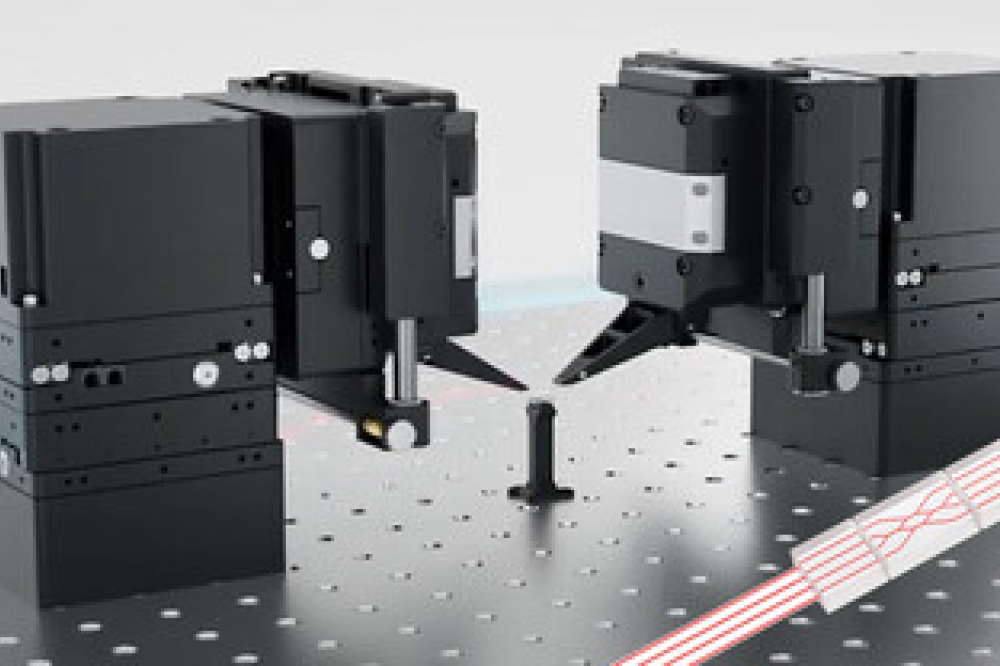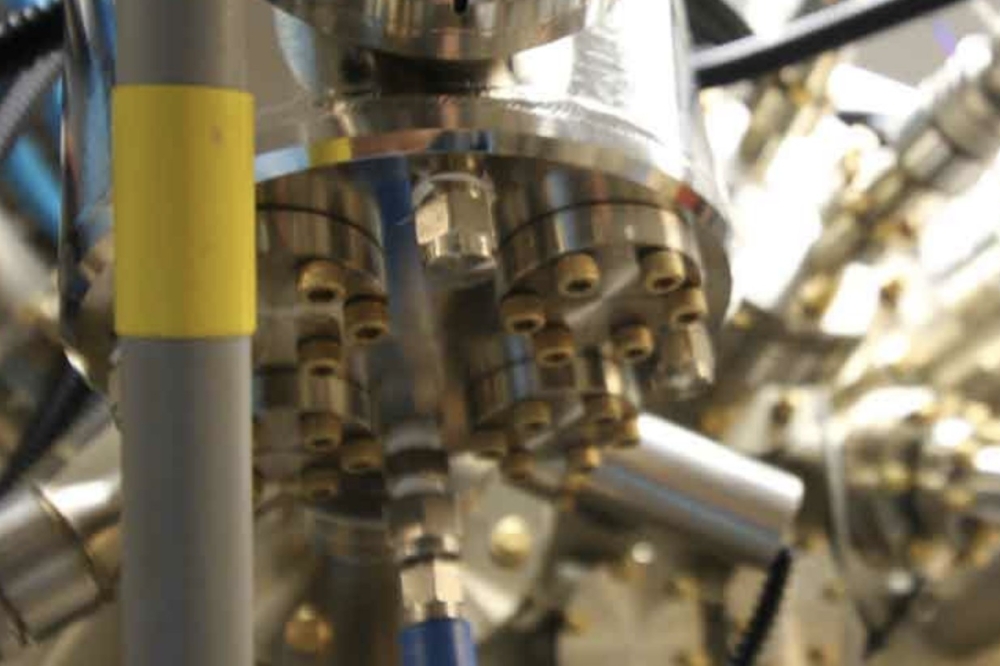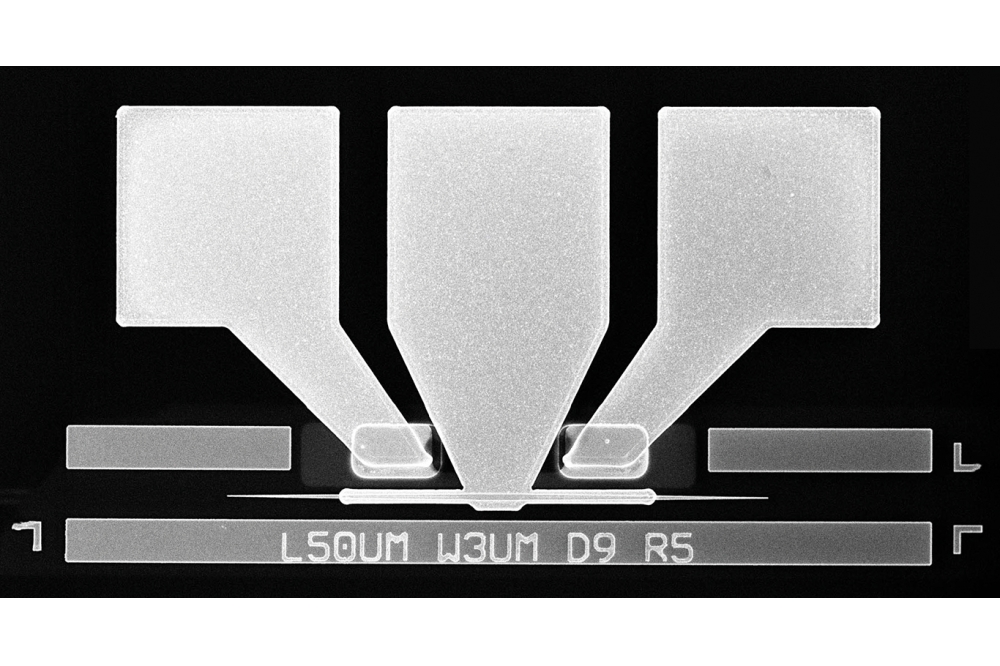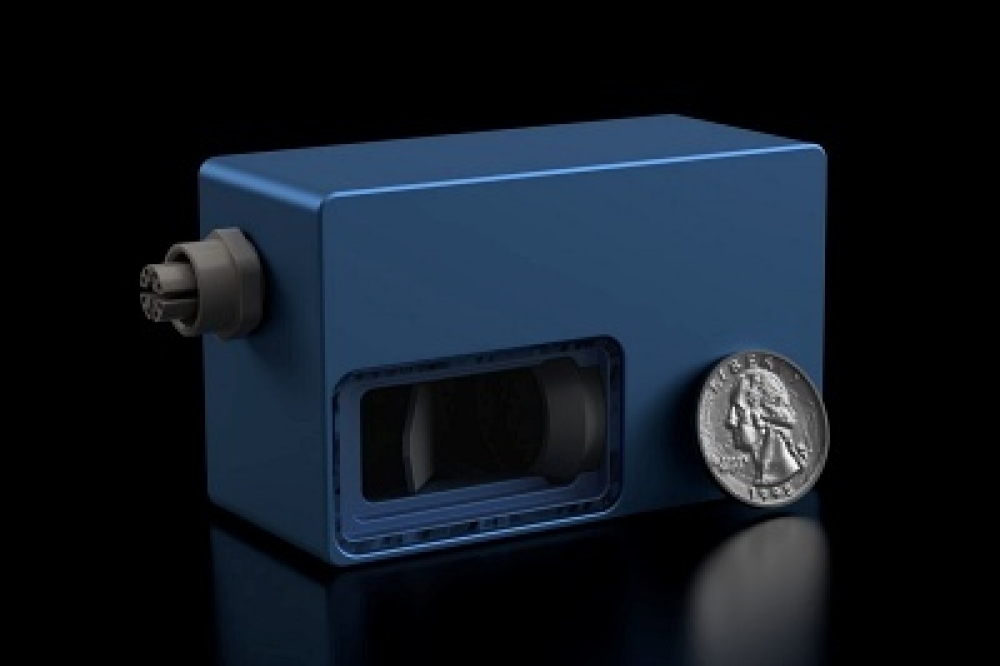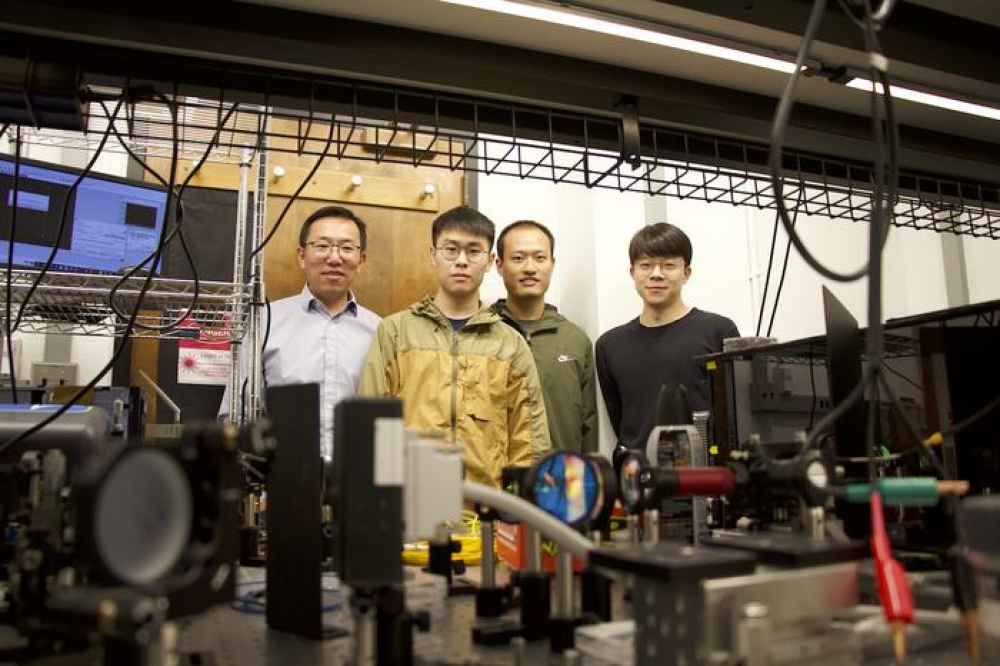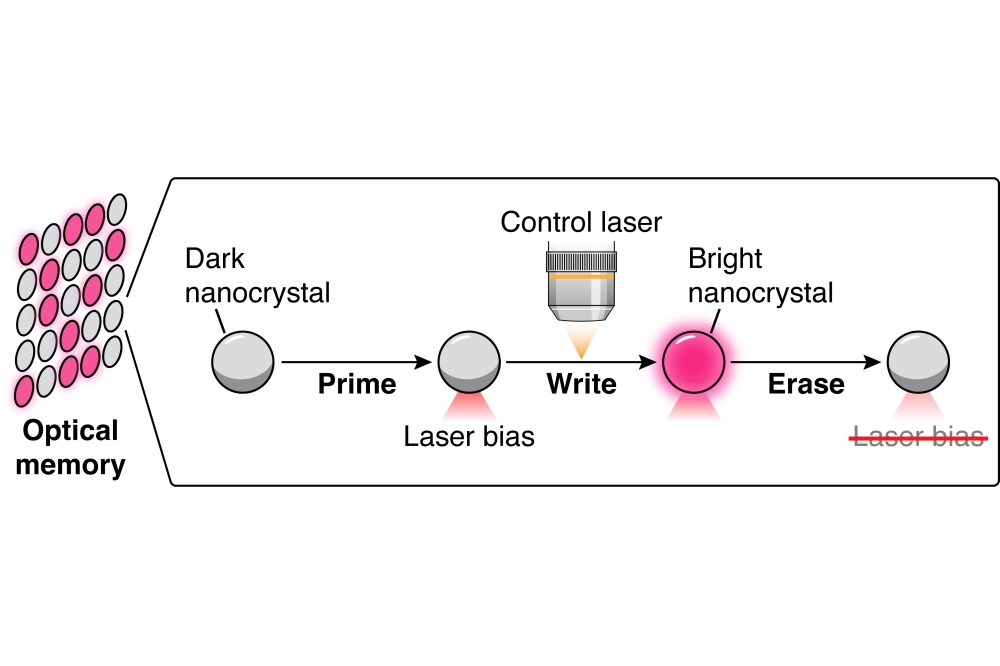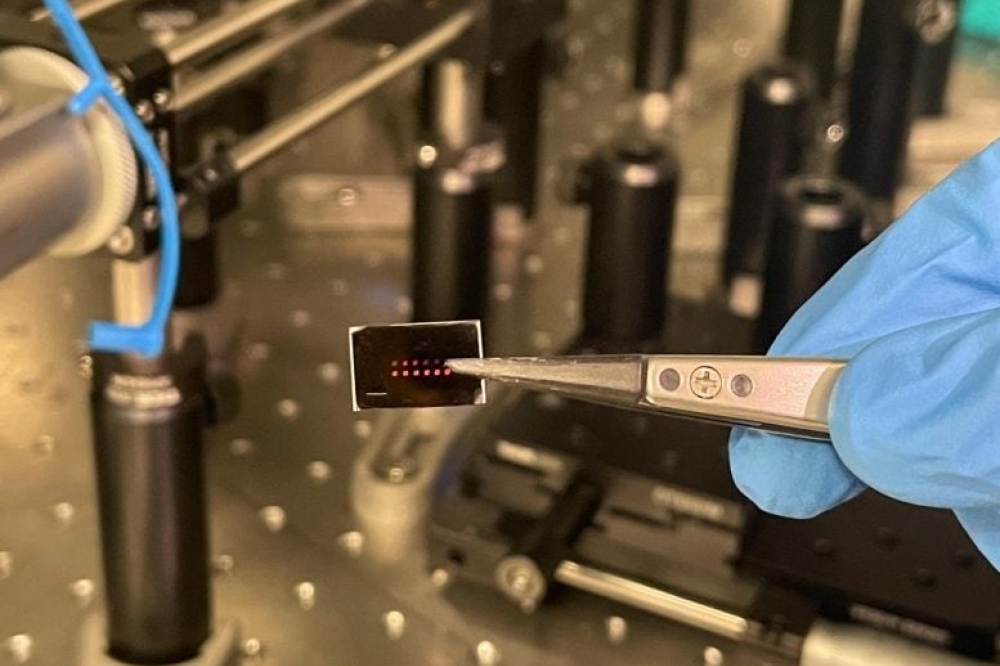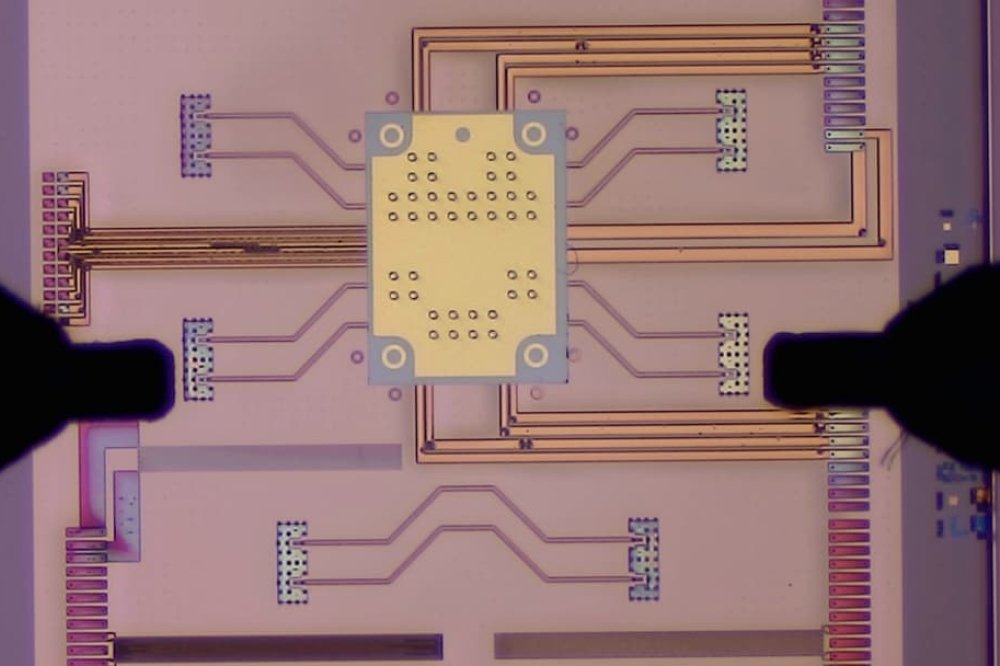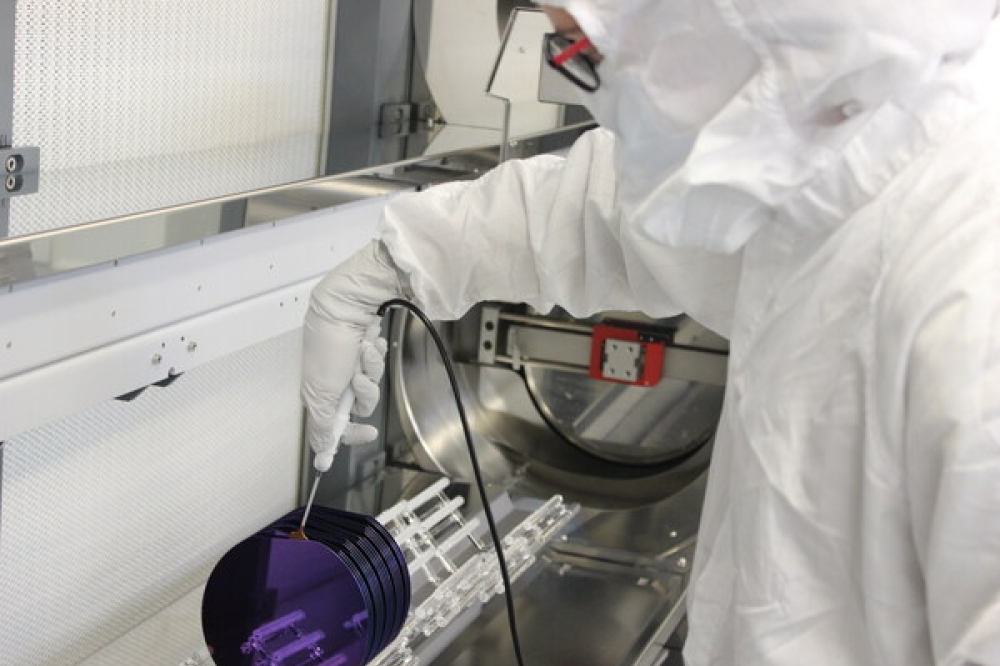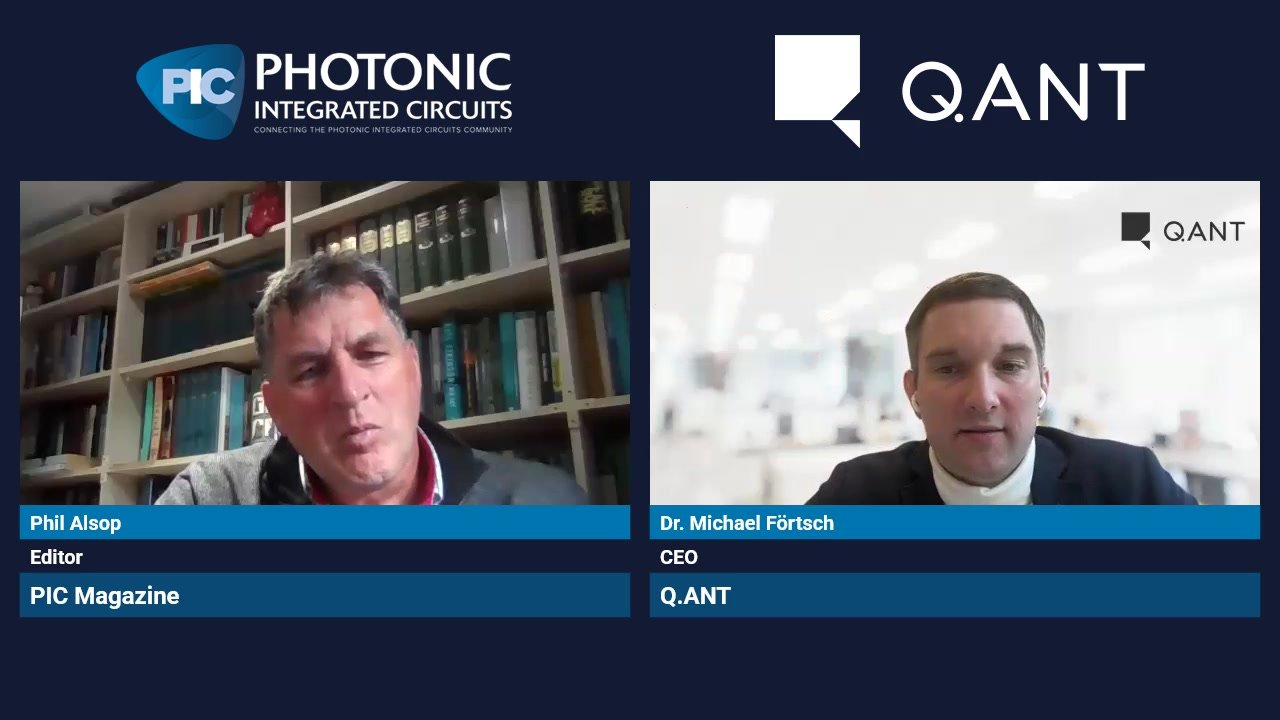EPFL and IBM develop new laser
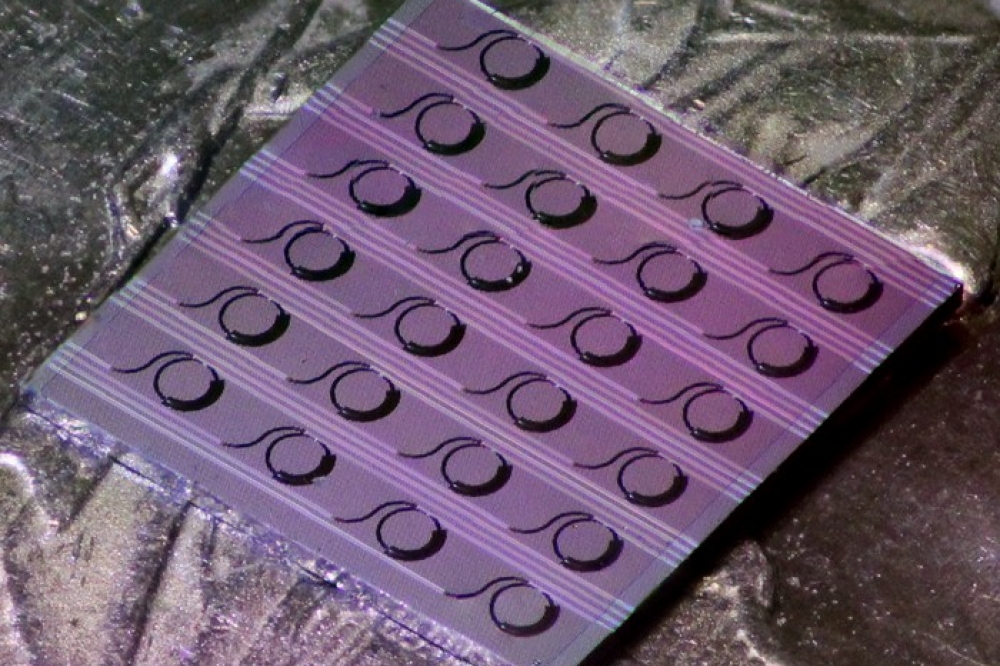
Combination of lithium niobate with silicon nitride produced laser with low frequency noise and fast wavelength tuning
Scientists at EPFL and IBM have developed a new type of laser based on lithium niobate that they think could have a significant impact on optical ranging technology.
Lithium niobate can handle a lot of optical power and has a high 'Pockels coefficient', which means that it can change its optical properties when an electric field is applied to it.
The researchers combined lithium niobate with silicon nitride, which allowed them to produce a new type of hybrid integrated tuneable laser. To do this, the team manufactured photonic integrated circuits (PICs) based on silicon nitride at EPFL, and then bonded them with lithium niobate wafers at IBM.
The approach produced a laser with low frequency noise and simultaneously with fast wavelength tuning – which is important for lasers used in light detection and ranging (LiDAR) applications. Then they performed an optical ranging experiment where they used the laser to measure distances with high precision.
Beyond integrated lasers, the hybrid platform has the potential to realise integrated transceivers for telecommunications as well as microwave-optical transducers for use in quantum computing.
"What is remarkable about the result is that the laser simultaneously provides low phase noise and fast petahertz-per-second tuning, something that has never before been achieved with such a chip-scale integrated laser," says Tobias J. Kippenberg, who led the EPFL side of the project.
The chip samples were fabricated in the EPFL center of MicroNanoTechnology (CMi) and the Binnig and Rohrer Nanotechnology Center (BRNC) at IBM Research.
Reference
'Ultrafast tunable lasers using lithium niobate integrated photonics' by Viacheslav Snigirev et al; Nature 615 (2023)



